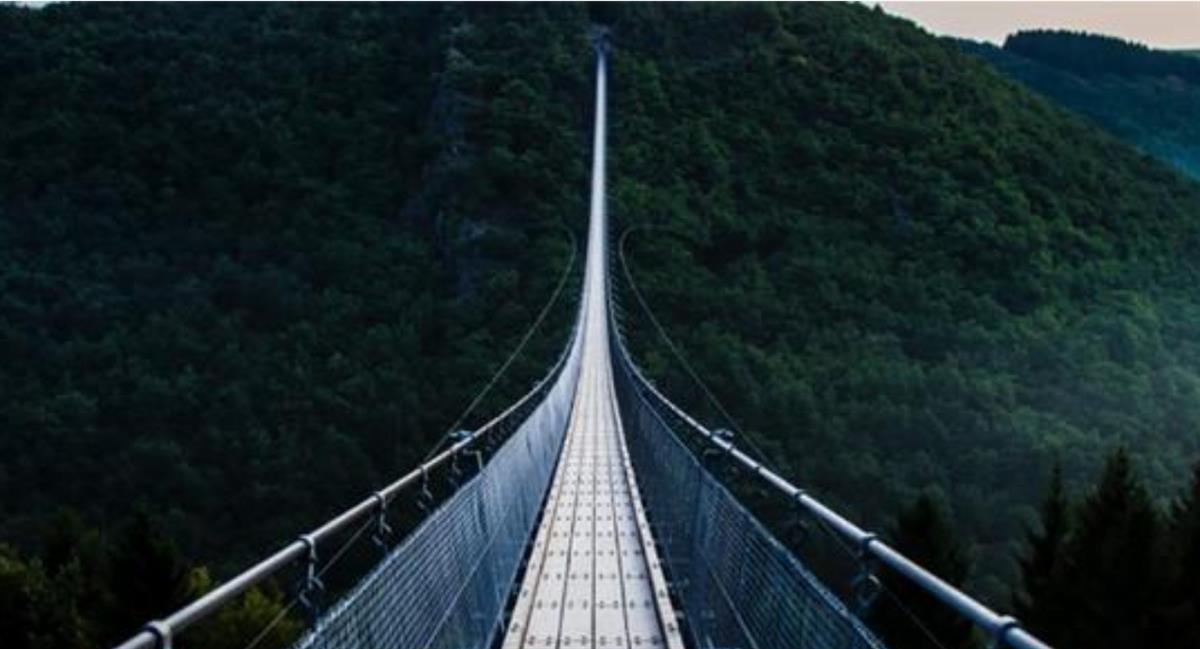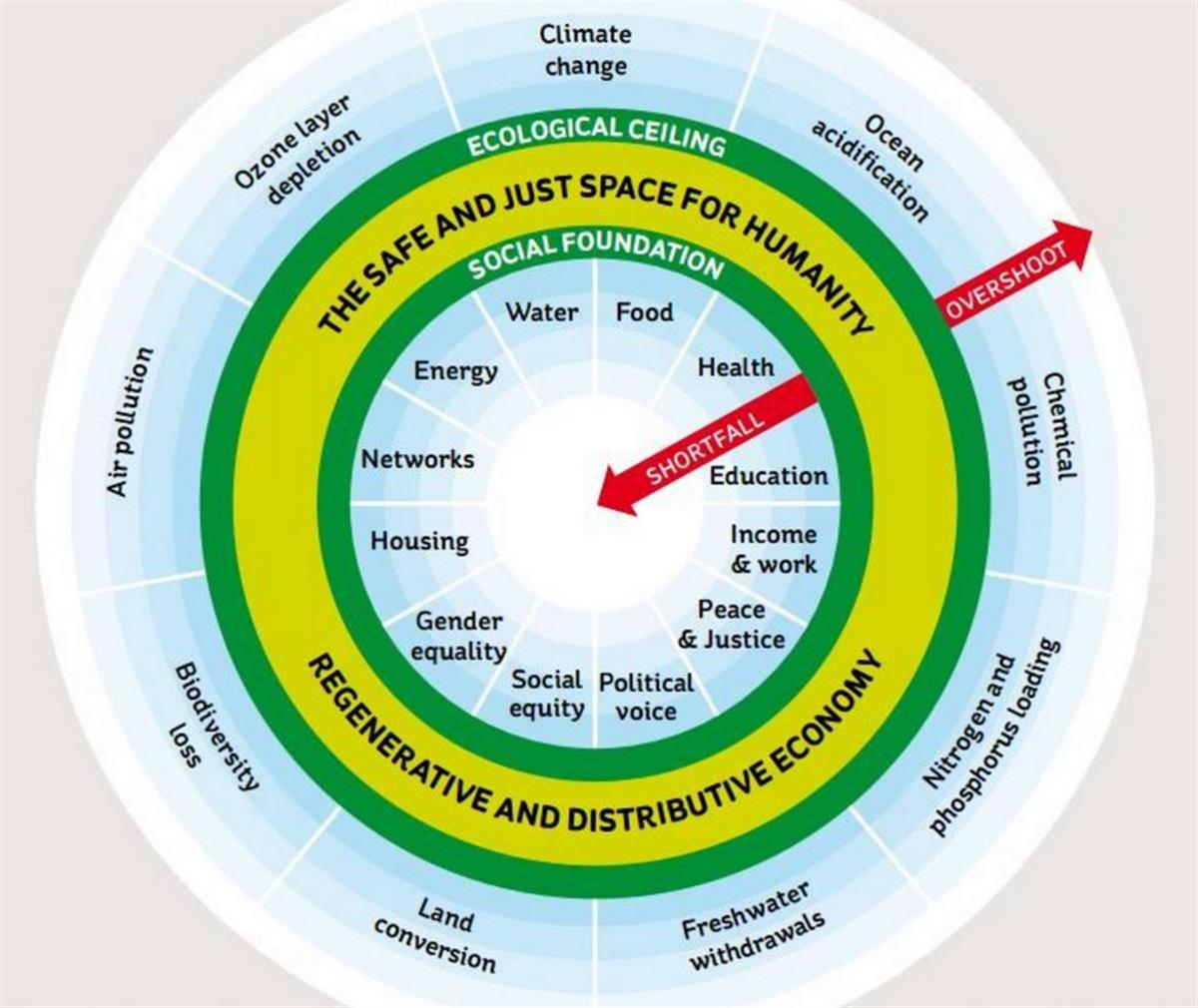
Copyright United Nations Climate Change
NEWS
SOURCE: GENEVA SOLUTIONS
The Race to Zero, a masterplan to tip the system before it's too late
by Bruno Jochum
With less than ten years left to reach 1.5°C global heating and the clock ticking louder, the United Nations launched a global initiative in 2019 to accelerate climate action by non-state actors while the window of opportunity is still open.
Led by two High-Level champions, Nigel Topping and Gonzalo Munoz, the “Race to Zero” campaign aims to rally businesses, cities, regions, civil society and investors to rapidly transition to a zero-carbon future.
The initiative this week convened the Race to Zero Dialogues, a “masterclass in radical collaboration” hosted across multiple time-zones, in which speakers from all over the world and all sectors share progress, provide input and prepare the stage for the COP26 in Glasgow. Speaking at the opening session, Topping said:
“Our intentions for the Climate Action Pathways is that they help normalize the idea of a net zero future and the ways to get there, especially the concrete steps to be taken in the next five to 10 years. We know that it will not be easy. The pathways represent complex systems of myriad players, that’s why we talk about it as a challenge of systems transformation where no individual actor can drive this on their own”.
The largest alliance of net zero initiatives. Already 452 cities, 22 regions, 1,101 businesses, 45 of the biggest investors, and 549 universities - representing the ‘real economy’ - have joined 120 countries in the largest ever alliance committed or working towards achieving net zero carbon emissions by 2050 at the latest. Collectively these actors now cover nearly 25 per cent global CO2 emissions and over 50 per cent of the world’s GDP.
Why it’s important. As Professor Johan Rockstrom from the Potsdam Institute pointed out in his panel, the deep concern of scientists today is that the buttons for irreversible tipping points in the Earth’s physical systems may soon be inadvertently pressed if there is no fast and radical change of direction in the emission of greenhouse gases. Some already have been activated, like the melting of the Arctic ice with its many feedback loops. The challenge now is how to trigger social tipping points to stabilize the planet in time to avoid runaway heating.
By mobilising actors outside of national governments to join the Climate Ambition Alliance, the Race To Zero builds momentum around the shift to a decarbonised economy ahead of COP26 where governments must strengthen their contributions to the Paris Agreement. This sends governments a strong signal while the provision of practical guidelines for entire sectors to act is of value to get all actors on board.

The gap between words and action. The Race to Zero plays an even more important role as the gap between communication strategies by states and companies and the needed action is still very wide. Despite all the packaging around them, post-Covid recovery plans are not as green as publicised and put at risk the long-term objective by directing new investment into traditional carbon-emitting facilities or practices. The most environmentally friendly stimulus package is the EU recovery package with 37 per cent of the €750 bn package directed towards green initiatives. In 16 out of the G20 countries, recovery plans to date are likely to have a net negative environmental impact on the restoration of nature and carbon emissions.
Systems transformation. On the first day of the Race to Zero Dialogues, the UN High Level Climate Champions launched the Climate Action Pathways: comprehensive and granular roadmaps to exponentially achieve the Paris Agreement across eight key sectors where rapid breakthroughs are taking place.
Each pathway sets out the near- and long-term milestones for limiting the global temperature rise to 1.5°C in the areas of energy, cities and other human settlements, industry, land use, oceans and coastal zones, transport, water and resilience. Collectively, they provide a blueprint in the run up to the COP26 UN climate change conference set for Glasgow in November 2021.
How to join the race. The Race to Zero aggregates net zero commitments from a range of leading networks and initiatives across the climate action community, such as the We mean Business coalition, B Corp, C40 and many others.
The commitments brought forward must meet a minimum set of process criteria representing the so-called “starting line”. Meeting them does not necessarily imply that an actor is yet on track to net zero, only that they have begun the process. Entities are part of the “Race to Zero” once they:
Pledge at the head-of-organization level to reach (net)-zero in the 2040s or sooner, or by midcentury at the latest, in line with global efforts to limit warming to 1.5C.
Plan: in advance of COP26, explain what steps will be taken toward achieving net zero, especially in the short- to medium-term. Set an interim target to achieve in the next decade, which reflects a fair share of the 50% global reduction in CO2 by 2030.
Proceed by taking immediate action toward achieving net zero, consistent with delivering interim targets specified.
Publish: commit to report progress at least annually.
“Net zero” pledges included under the campaign should cover all emissions and notably:
Scope 3 (mainly supply chains) for businesses, organisations and investors and all territorial emissions for cities and regions.
Limit offsets to neutralise “residual” emissions. and transition to permanent removals.
Ensure that all offsets meet robust standards for additionality, permanence and accounting.
The bottomline: what needs to happen beyond “zero”. Referring to the need for a safe operating space for humanity between planetary boundaries and just social foundations, Oxford economist Kate Raworth mentionned Amsterdam’s pioneering decision to integrate her “doughnut model” in its plans as an example of peer-to-peer inspiration and then concluded:
“When change agents who are everywhere, have been waiting for decades, have the tools in their hands and are enabled to take it forward, systems change happens. So let’s bring it on, let’s race to zero and then past it, to regenerative design so that we can meet the needs of all within the means of the planet. If there was ever a decade to do it, this is it. If there was ever a monday morning when historic politics can transition, this is it.”

#Carbon Emissions #carbon neutrality #Race to Zero #COP26
SOURCE: GENEVA SOLUTIONS